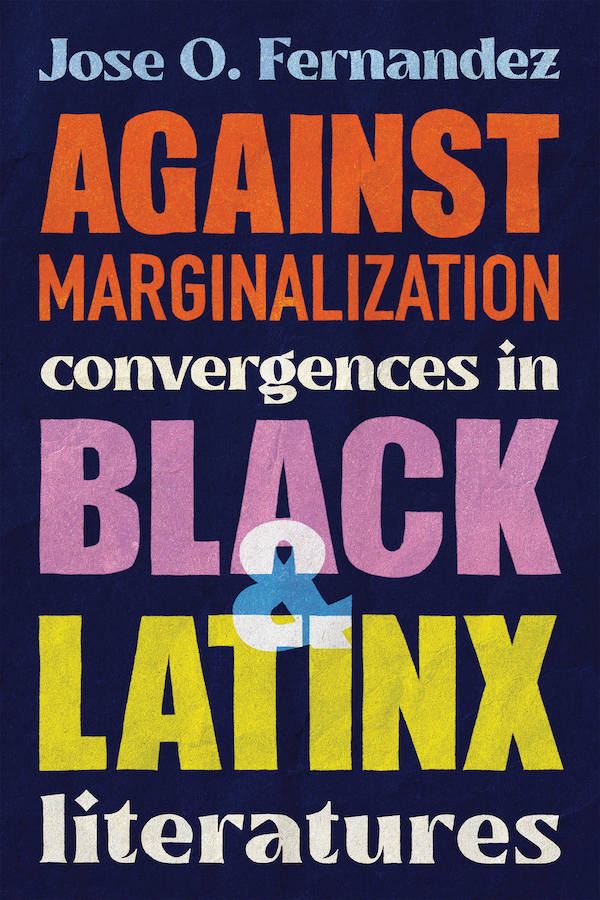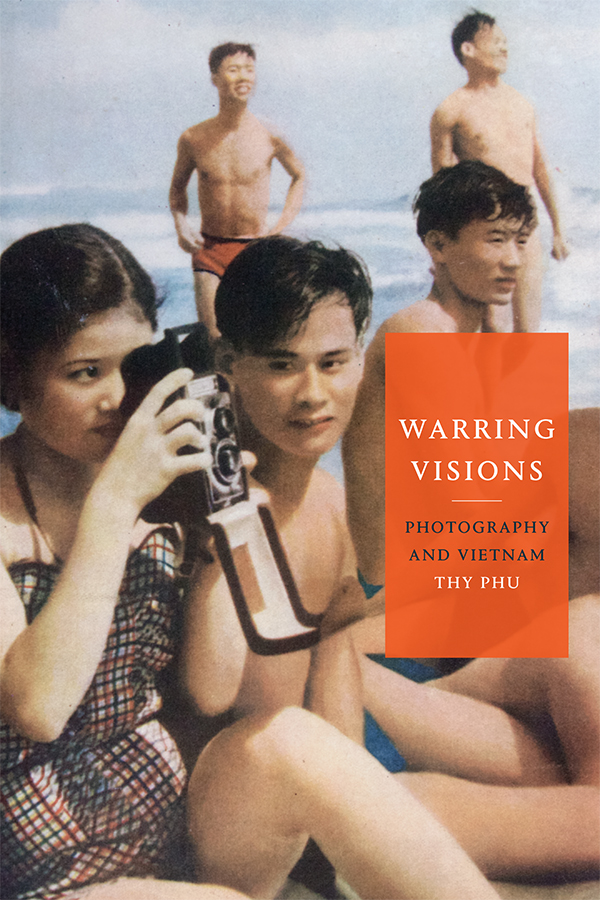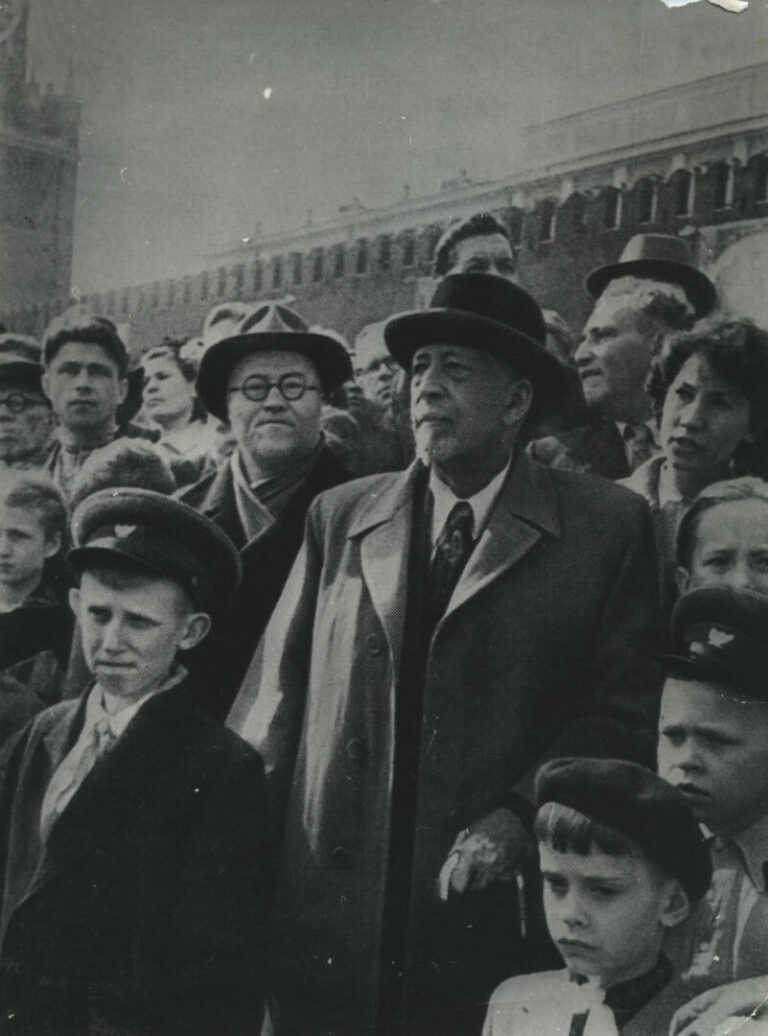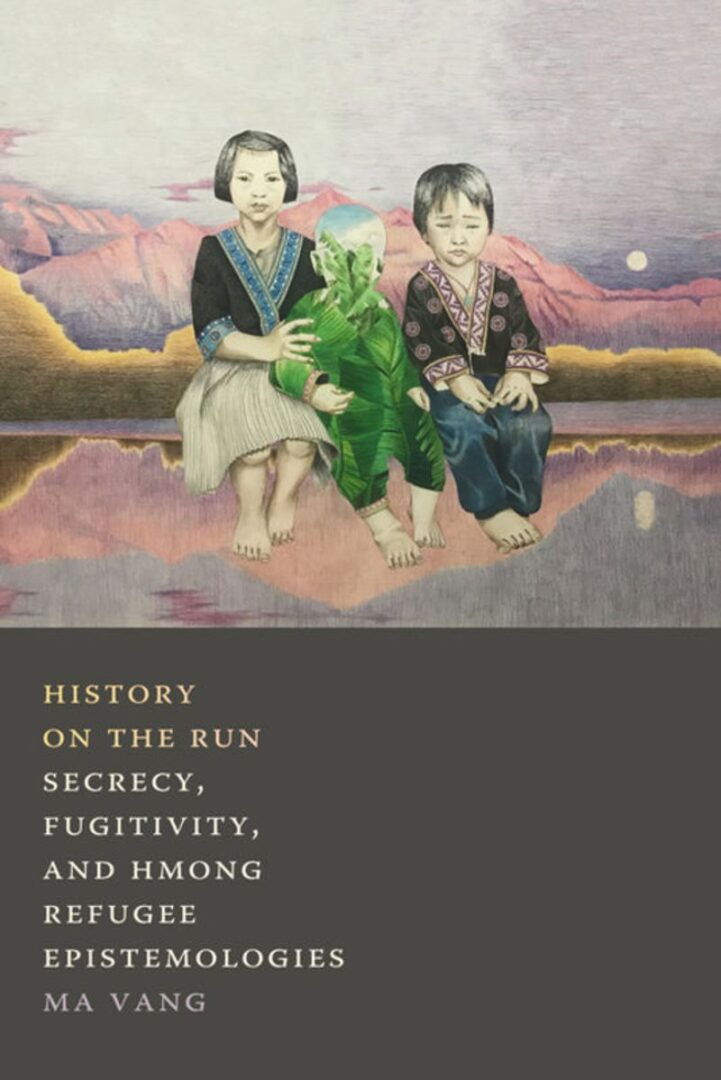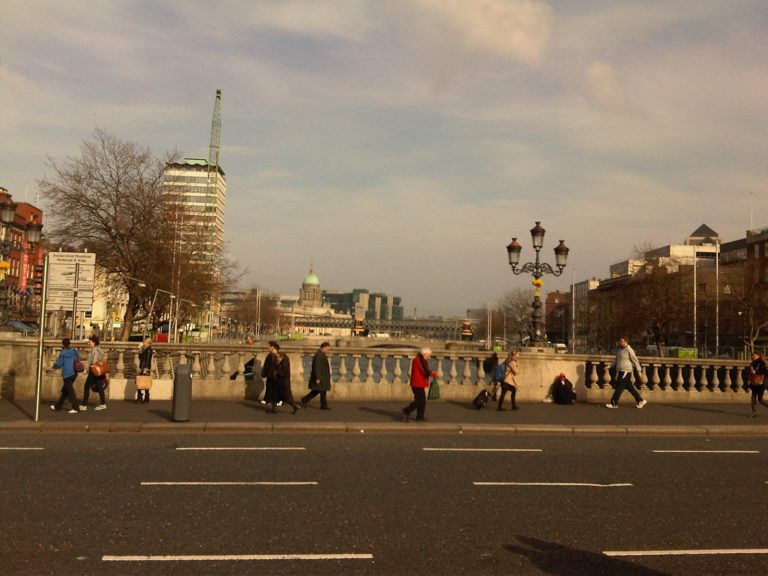Against the scholarly emphasis on precariousness, this article focuses on how gig work in 1970s Singapore was developed with the specific vision of enabling life for the working-class Singaporean family-man. From 1970 to 1993, the taxi company Comfort invested its operations with a powerful vision of the transformative potentials of taxi-driving labor. The gig work of taxis was made to change the work ethic of men, creating workers and fathers who could advance class mobility, nation-building, and the family, raising children who would become ideal workers of the future. Such hopes, however, still relied upon the insecurity of the gig to force the men into adherence. Entangled with patriarchy, nationalism, and familialism, this article examines the compromises exacted through the gig’s capacity to make live, and analyses how Comfort’s experiment has left a legacy in the ways that platformed gig work is governed today, which needs engagement and revision.
Keyword: history
Review of Against Marginalization: Convergences in Black and Latinx Literatures by Jose O. Fernandez (The Ohio State University Press)
Jose O. Fernandez’s Against Marginalization: Convergences in Black and Latinx Literatures is an innovative project that takes conversations about literary and cultural history in a new direction. Recognizing the efforts of Black and Latinx scholars in crafting distinct literary traditions and histories, Fernandez uses his book to argue for cross-ethnic literary studies and identify similarities between Black and Latinx traditions. This endeavor revolutionizes conversations about literary history of the United States and challenges narratives of exclusion and silencing. This book serves to show the importance of knowing the names of authors and artists, and the communities that fought for them, because they make up the fabric of US history. To learn those names next to Faulkner, Twain, Hemingway, Steinbeck, and Fitzgerald not only makes them part of American literary tradition but also spotlights their absence and exclusion in a way that expands the boundaries of “literary tradition.” This review takes seriously Fernandez’s project, which opens exciting avenues for cross-ethnic historic study while also examining opportunities for future study.
Review of Warring Visions: Photography and Vietnam by Thy Phu (Duke University Press)
Thy Phu’s Warring Visions: Photography and Vietnam draws on archives of the Vietnam War that center Vietnamese perspectives to complicate the historical and contemporary visual representation of Vietnamese identities that have been filtered through the Western narrative of the Vietnam War. Her book emphasizes the significance of typically denigrated visual materials including propaganda and vernacular photographs. She focuses on the complex deployment and reception of photographic objects as politicized symbols, sources of memorialization, and identity formation.
“Revolution of Thought and Action”: W. E. B. Du Bois’s World Search for Abolition Democracy
In recent years, scholars and activists have brought renewed attention to W. E. B. Du Bois’s concept of abolition democracy. Initially coined in Black Reconstruction (1935), to describe both a political movement and a democratic ideal, abolition democracy has been taken up theoretically by Angela Davis, Allegra McLeod, and others to describe the ongoing process of dismantling global capitalism’s political, racial, gender, and economic hierarchies, alongside the simultaneous creation of reconstructed social relations, institutions, and practices governed by universal democratic participation, instead of by force. This article suggests that Du Bois continues to draw on abolition democracy as a conceptual framework in his post-Black Reconstruction work. Tracing the outlines of this framework in his unpublished manuscript A World Search for Democracy, I demonstrate how for Du Bois, the question of democracy remains fundamentally tied to the ongoing legacies of slavery. As he continues to draw on the Reconstruction era as an historical example, Du Bois gives further shape to the idea of abolition as a process in the present (rather than an event in the past). In doing so, he recuperates the unfulfilled promise of abolition democracy as a theoretical and practical model for considering alternatives modes of citizenship beyond the material, ideal, and embodied limits of liberal bourgeois democracy. Accordingly, I argue, in World Search, we can see the outlines of abolition democracy as a three-fold project: political-economic, epistemic, and affective. Each section of this article sheds light on one of these dimensions, drawing on theoretical models from Nancy Fraser, Sylvia Wynter, Sara Ahmed, and Dylan Rodríguez. By thus abstracting the concept of abolition democracy further from the historical movement analyzed in Black Reconstruction, I propose that Du Bois’s World Search offers lessons that can inform abolitionist theory and praxis today.
Review of History on the Run: Secrecy, Fugitivity, and Hmong Refugee Epistemologies by Ma Vang (Duke University Press)
In History on the Run: Secrecy, Fugitivity, and Hmong Refugee Epistemologies, Ma Vang deftly answers the question of how one can “recount a history that has systematically been kept secret” by centering Hmong refugees as sources of knowledge and critique (7). Her book scrutinizes the refugee archive to draw out stories that have been secreted away in other places: in a missing baggage claim, in the neutralization of Laos, in redacted documents, in the figure of the uncivilized Hmong soldier, in the naming of a war as “secret,” in the silenced bodies of Hmong women. Her central concept of “history on the run” refers to a form of fugitive knowledge that “does not remain still and cannot easily be found” (8). Vang’s book makes explicit the forms of knowledge that travel with and within refugee bodies, rather than the “official” history of the archive.
Aestheticizing the City Through Storytelling and Walking: Dublin’s 1916 Rebellion Walking Tour
The main concern of this article is situated in the theatrical experience of the 1916 rebellion walking tour as a broader mode of aestheticizing performance, focusing on the ways it traces the process of the tour to ask what the appeal is for international tourists in experiencing often tragic historical events through the use of performative strategies, namely, acts of walking and storytelling. By employing Walter Benjamin’s notion of storytelling and Michel de Certeau’s approach to the walking, this article intends to explore how the 1916 walking tour as a cultural practice rearranges and recreates the Dublin landscape, and how these new meanings are constituted aesthetically beyond their entertainment value. Furthermore, by placing this tour as performative genre, this article investigates how this historic event is embodied by the guide, perceived and transformed by tour groups, thereby creating tourists’ kinesthetic empathy during the tour, by way of the guide’s storytelling with their walking. In doing so, this article will offer a broader context of staging this historical memory that commemorates past events by way of physical engagement with this tour.
Introduction: Years in Cultural Studies
This special section is another iteration of cultural studies telling its own story. In our particular iteration, we offer here essays focused on specific years in the history of cultural studies. Our aim is to provide a pedagogical resource, a place for documentation and excavation, and a forum for more storytelling.
Marxism, Cultural Studies, and the “Principle Of Historical Specification”: On The Form of Historical Time in Conjunctural Analysis
Karl Korsch identifies in Marx’s work what he calls “the principle of historical specification,” the way in which “Marx comprehends all things social in terms of a definite historical epoch.” This work is concerned with this idea and its instantiation in contemporary social theory. With this paper I hope to show how the principle of historical specification has been interpreted within the Birmingham tradition of cultural studies, paying specific attention to (1) the form of historical time implicit in the concept of a “conjuncture,” and (2) the logic of historical periodization that follows from a “conjuncturalist” approach to historical research. I argue that a conception of plural temporality is central to the mode of historical analysis associated with the Center for Contemporary Cultural Studies.

